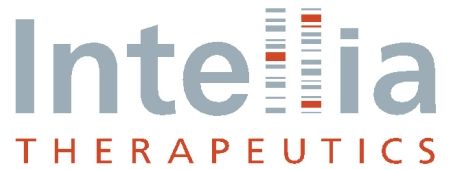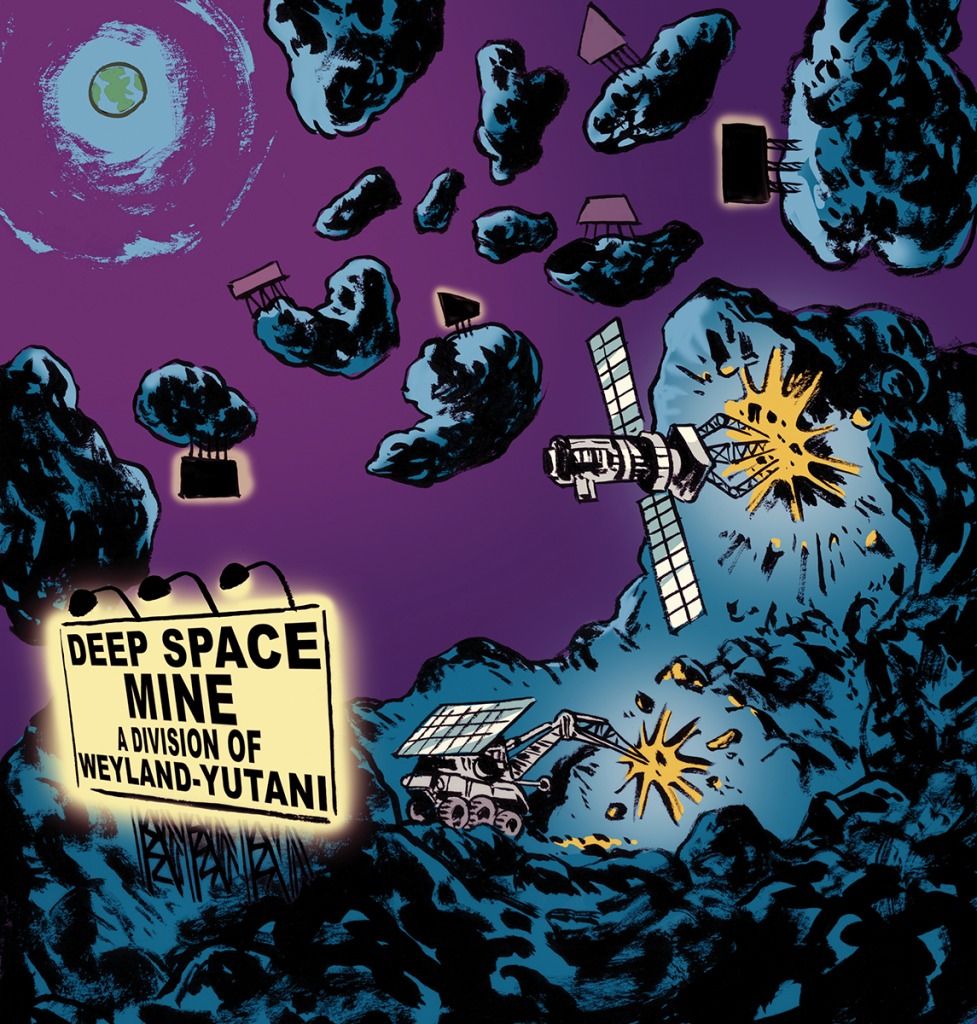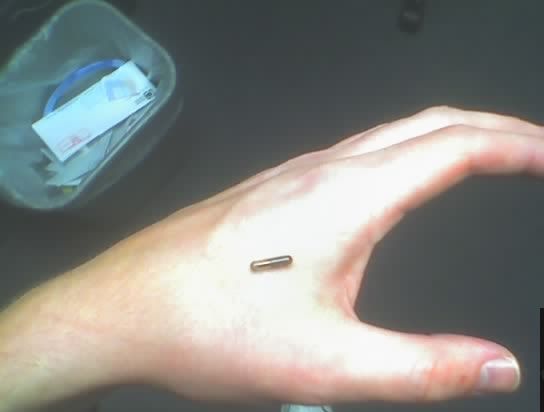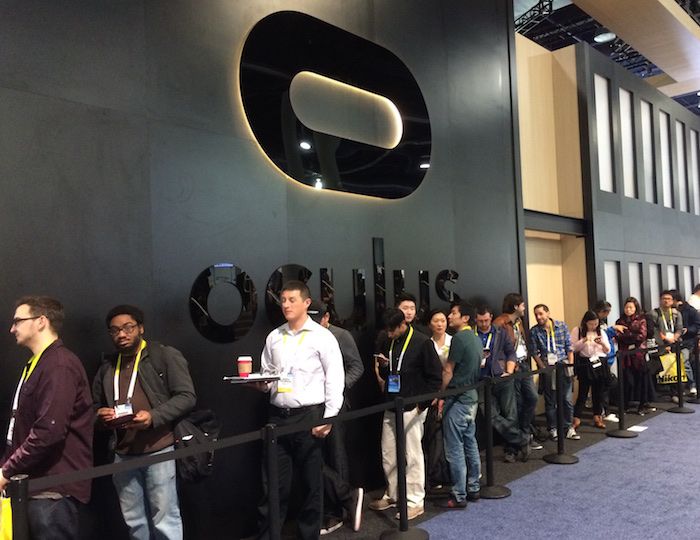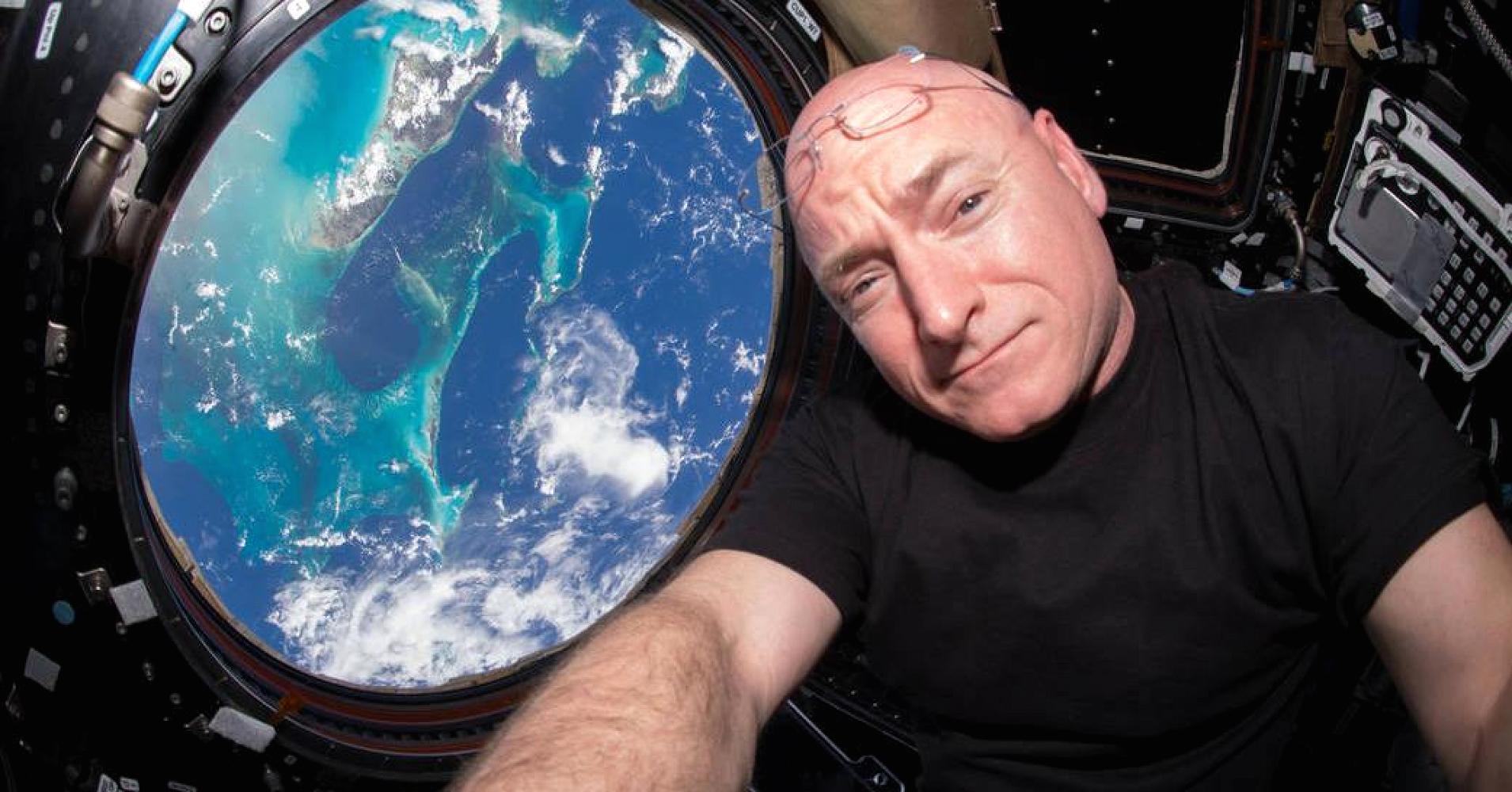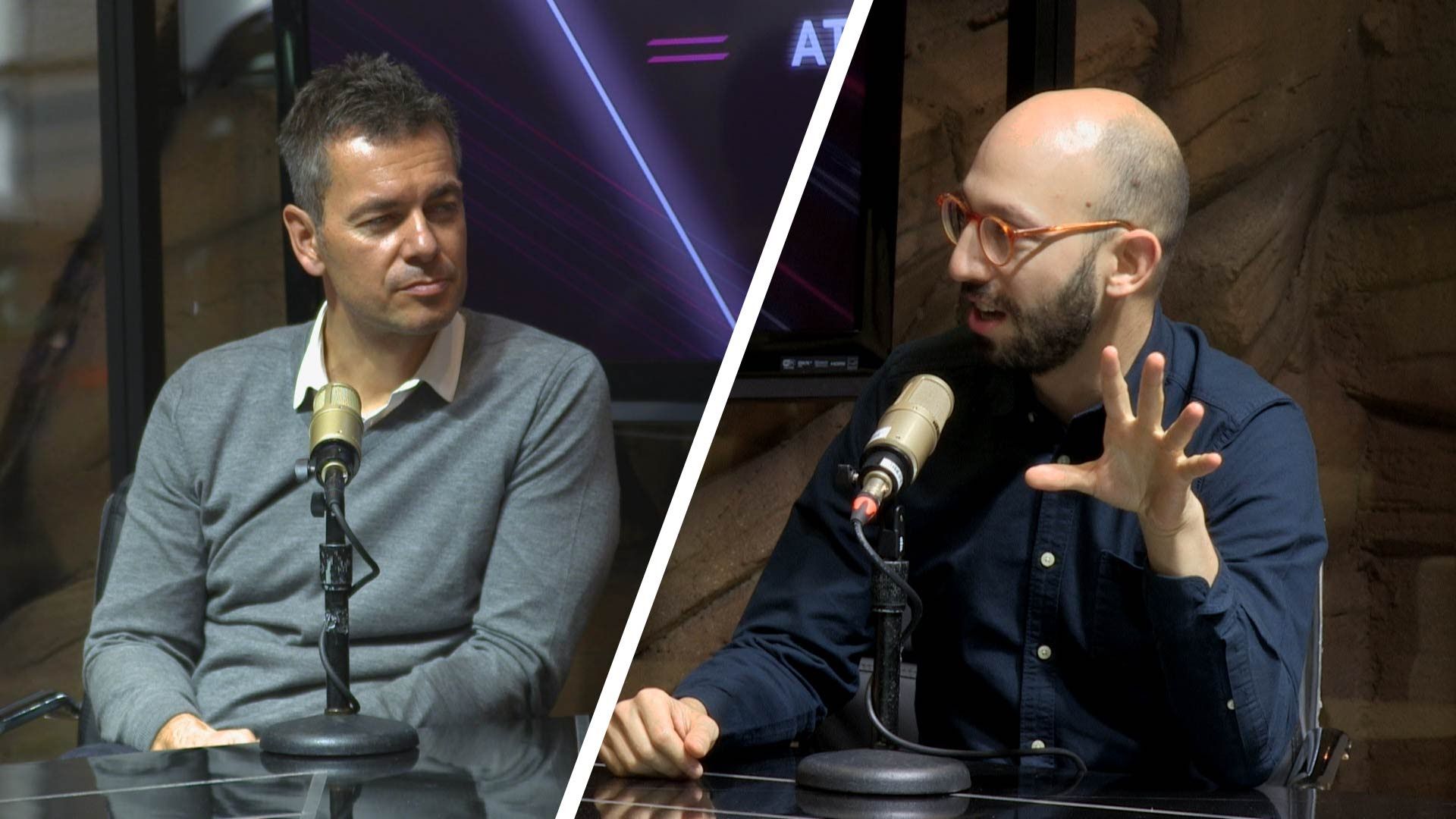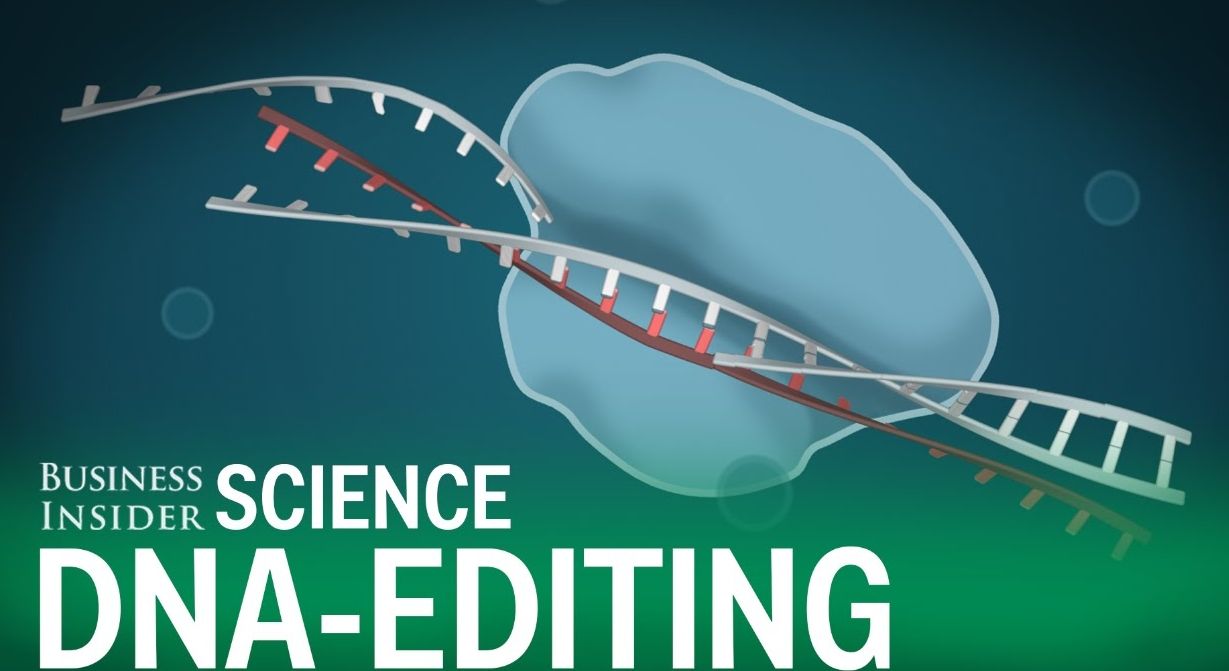Interesting; your own Digital DNA.
Neura, an Israeli Internet of Things startup that pulls together data from users’ connected devices, has raised $11 million to expand its “business reach and make the service ubiquitous.” The Series A round was led by AXA Strategic Ventures and Pitango Venture Capital, with participation from Liberty Israel Venture Fund and Lenovo Group.
Founded in 2013, Neura launched in the U.S. out of UpWest Labs, a Silicon Valley-based accelerator specifically for Israeli startups. The following year, Neura announced a $2 million funding round.
Neura’s core raison d’être is to serve up back-end analysis to the Internet of Things industry, and its technology can gather data on individuals from a range of connected devices, including phones, tablets, apps, and more. Neura’s artificial intelligence recognizes and analyzes human behavior and develops what it calls a “digital identity” for each person, insight that can be used to personalize applications, services, and devices.
